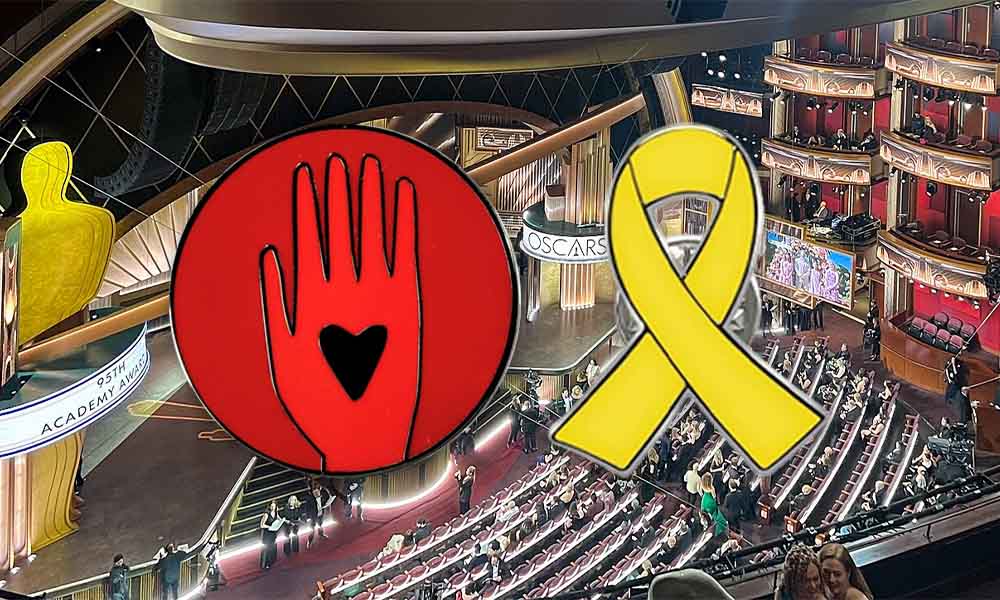Pinned Down: When Hollywood's Activism Meets Political Fashion

While pride pins have become increasingly popular as symbols of solidarity, critics argue that wearing them often amounts to little more than superficial support. These small accessories, adorned with rainbow colors or other pride-related symbols, can sometimes feel like a performative gesture rather than a meaningful commitment to genuine inclusivity and support.
Many activists point out that simply displaying a pride pin does not automatically translate to substantive allyship or meaningful action. True support requires ongoing education, active advocacy, and a genuine commitment to understanding and uplifting marginalized communities. The pins, while visually affirming, can risk becoming a quick and easy way for individuals and organizations to signal progressiveness without undertaking the deeper work of creating real social change.
However, supporters of pride pins argue that even small acts of visibility can help normalize acceptance and create spaces where LGBTQ+ individuals feel seen and supported. The symbols can serve as conversation starters, subtle indicators of safe spaces, and visual representations of solidarity in environments where open expression might otherwise feel challenging.
Ultimately, the effectiveness of pride pins lies not in their mere presence, but in the genuine intent and actions that accompany them. They are most powerful when they represent a sincere commitment to understanding, respect, and active support for the LGBTQ+ community.








